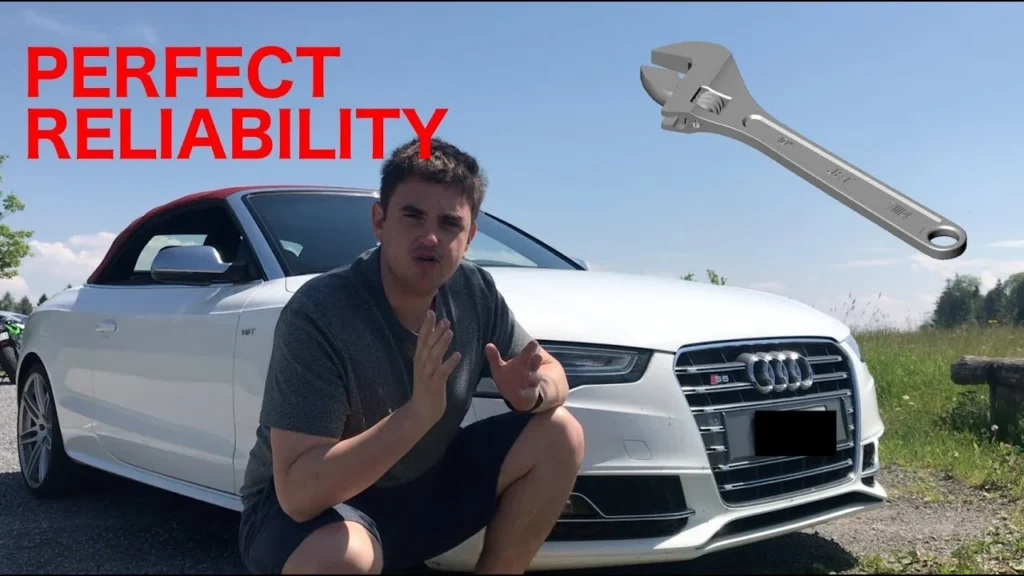Maintaining your car for long-term reliability is essential for ensuring its longevity and performance. Regular maintenance, such as oil changes, tire rotations, and brake inspections, is crucial to prevent costly repairs and keep your vehicle running smoothly. Following the manufacturer’s recommended maintenance schedule and addressing any issues promptly can help avoid breakdowns and extend the lifespan of your car. Additionally, keeping your car clean and addressing minor problems early on can contribute to its overall reliability and resale value. By staying proactive and attentive to your car’s needs, you can enjoy a dependable and long-lasting vehicle.
Proper car care is vital for ensuring the durability and dependability of your vehicle over time. Consistent upkeep, including regular fluid checks and filter replacements, is crucial for preventing major mechanical issues and maintaining optimal performance. Adhering to the recommended service intervals and promptly addressing any warning signs can help preserve the long-term reliability of your car. Furthermore, staying vigilant about potential wear and tear, and investing in quality parts and service, can contribute to the overall longevity and trustworthiness of your vehicle. With a proactive approach to maintenance, you can ensure that your car remains reliable and efficient for years to come.
1. Regular Maintenance Schedule
One of the most important aspects of maintaining your car for long-term reliability is following a regular maintenance schedule. This includes regular oil changes, filter replacements, tire rotations, and brake inspections. By following the manufacturer’s recommended maintenance schedule, you can ensure that your car’s vital components are in good working condition and prevent any potential issues from arising.
In addition to regular maintenance tasks, it’s important to address any issues or warning signs as soon as they arise. Ignoring strange noises, dashboard warning lights, or other signs of trouble can lead to more serious and costly problems down the line.
2. Quality Parts and Fluids
Using high-quality parts and fluids is essential for the long-term reliability of your car. This includes using the recommended grade of motor oil, transmission fluid, brake fluid, and coolant. Using subpar or incorrect fluids can lead to premature wear and tear on your car’s engine and other components.
When replacing parts, it’s important to use OEM (original equipment manufacturer) or high-quality aftermarket parts. Cheap or poorly-made parts can lead to premature failure and may not provide the same level of performance and reliability as quality parts.
3. Cleanliness and Care
Maintaining a clean and well-cared-for car can also contribute to its long-term reliability. Regularly washing and waxing your car can help protect the paint and prevent corrosion. Keeping the interior clean and free of debris can prevent wear and tear on upholstery and electronic components.
In addition to cleanliness, proper care for your car also includes storing it in a garage or covered area when possible, especially in extreme weather conditions. This can help prevent damage from sun exposure, hail, and other environmental factors.
4. Driving Habits
Your driving habits can also impact the long-term reliability of your car. Aggressive driving, excessive speeding, and abrupt braking can all contribute to increased wear and tear on your car’s components. By practicing smooth and defensive driving techniques, you can help prolong the life of your car.
It’s also important to avoid overloading your car with excessive weight, as this can put additional strain on the suspension, brakes, and other critical components. Following the manufacturer’s recommended load limits can help prevent premature wear and maintain long-term reliability.
5. Regular Inspections
In addition to regular maintenance tasks, it’s important to have your car inspected by a professional mechanic on a regular basis. This can help identify any potential issues before they escalate into more serious problems. A trained mechanic can inspect your car’s suspension, brakes, steering, and other components to ensure everything is in good working order.
Regular inspections can also help identify any signs of wear or damage that may not be immediately apparent to the untrained eye. Addressing these issues early can help prevent more extensive and costly repairs in the future.
6. Addressing Recalls and Technical Service Bulletins
Manufacturers may issue recalls or technical service bulletins for certain models to address potential safety or reliability issues. It’s important to stay informed about any recalls or bulletins that may apply to your car and address them promptly. This may involve taking your car to a dealership for repairs or updates to ensure its long-term reliability.
Ignoring recalls or technical service bulletins can put your car at risk for potential issues down the line. By staying proactive and addressing these issues as soon as they arise, you can help maintain your car’s long-term reliability.
7. Proper Storage and Seasonal Maintenance
If you have a second car or a classic car that is not driven year-round, proper storage and seasonal maintenance are crucial for long-term reliability. This includes preparing the car for storage by performing a thorough maintenance check, adding fuel stabilizer, and keeping the car in a dry, temperature-controlled environment.
When bringing a stored car back into regular use, it’s important to perform a thorough inspection and maintenance to ensure that it is in good working condition. This may include checking the battery, tires, fluid levels, and other critical components that may have been impacted by storage.
8. Documentation and Record-Keeping
Keeping thorough documentation and records of your car’s maintenance and repairs is essential for long-term reliability. This includes keeping track of oil changes, filter replacements, tire rotations, and any repairs or inspections performed. Having a complete maintenance history can help identify any patterns or issues that may arise and provide valuable information for future maintenance needs.
Proper documentation can also be important for maintaining the resale value of your car. A well-documented maintenance history can provide peace of mind to potential buyers and demonstrate that the car has been well cared for and maintained for long-term reliability.
| Task | Frequency |
|---|---|
| Regular oil changes | Every 3,000-5,000 miles |
| Tire rotations | Every 6,000-8,000 miles |
| Brake inspections | Every 10,000-15,000 miles |
| Fluid checks | Every oil change |
| Regular car wash and wax | Every 2-3 months |
Maintaining your car through regular oil changes, tire rotations, brake inspections, fluid checks, and car washes will help ensure its long-term reliability and performance.



